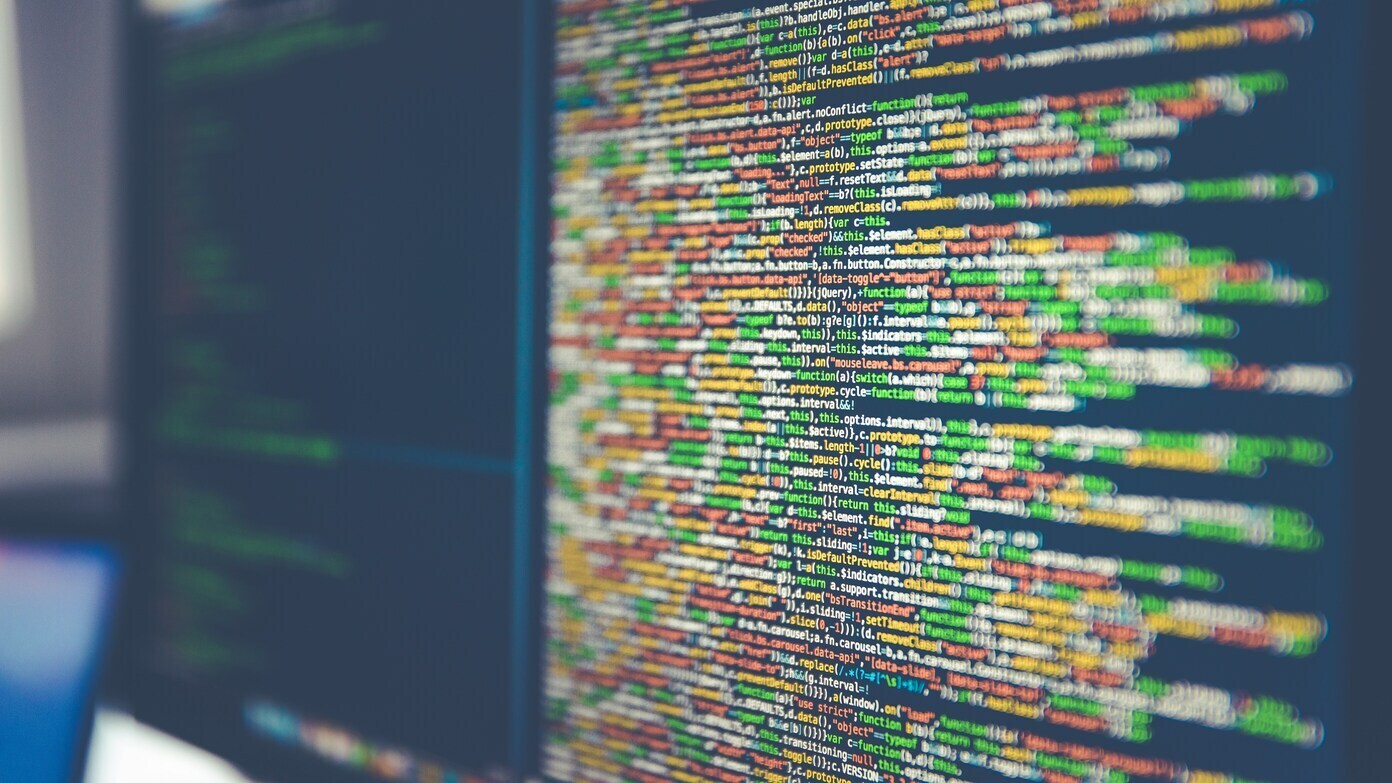Let’s talk about how large this is
Hey, let’s be real for a moment. You’ve probably heard the phrase “data breach” as many times as you’d like to. But this one? This might just be the mother of all data breaches. Cybersecurity experts at Cybernews indicate that a whopping 16 billion login credentials have been exposed—yes, billion with a “b.”
To put it in perspective, that’s roughly twice the population of the entire planet. It’s not recycled, used-up stuff either. Most of the leaked information appears to be fresh, never-before-seen stuff. And it’s not just hitting some random app you haven’t given a thought to since 2014 that you signed up for by mistake. We’re talking giants here — Google, Apple, Facebook, GitHub, Telegram, and even a couple of government agencies.
What’s in these leaked files?
So what has been uncovered, then? The leak includes URLs, usernames, and passwords, the report states. That is to say that if someone happens to obtain your password and email on this list, they can plug it into pretty much any site and check if it is accepted. These leaks came from 30 gargantuan datasets, some of which held up to 3.5 billion records each. Imagine giant digital buckets full of our own keys to the internet — that’s what these datasets are.
Why it so dangerous
Here’s the scary part: this is not simply an issue of stolen accounts. These credentials are a hacker and spammer cheat code. With access to this sort of info, they can:
- Take over your email or social media
- Steal your identity
- Break into your bank or crypto account
- Break into company networks if you use the same password at work
As one security expert defined it, this isn’t just an exchange of information—it’s a “blueprint for mass exploitation.” That’s not hyperbole. It’s being sold or handed out for free on the dark web, and people with bad intentions can use it.
Are you affected?
Honestly, chances are you probably are. Even if you didn’t observe anything out of the ordinary, your login might be sitting in one of those humongous files right now. Some of the passwords come from social media platforms, others from VPNs, dev tools, and everyday services such as email and messaging apps.
What can you do now?
This is what you can do today to protect yourself:
- Change your passwords, especially for email, banking, and social media websites
- Don’t reuse the same password across more than one website
- Use a password manager to create strong, unique ones
- Enable two-factor authentication (2FA) where you have the option
- Experiment with passkeys, a safer alternative to traditional passwords
Final thoughts
I know this is sounding overwhelming, but don’t freeze. The one thing that’s most important is that you act now. This leak is enormous — perhaps the largest ever—but you still have an opportunity to guard yourself. Consider this your wake-up call. Take it seriously.
Because when it comes to your life online, your password is not only a key – it’s your shield. Don’t wait later to make it stronger.

